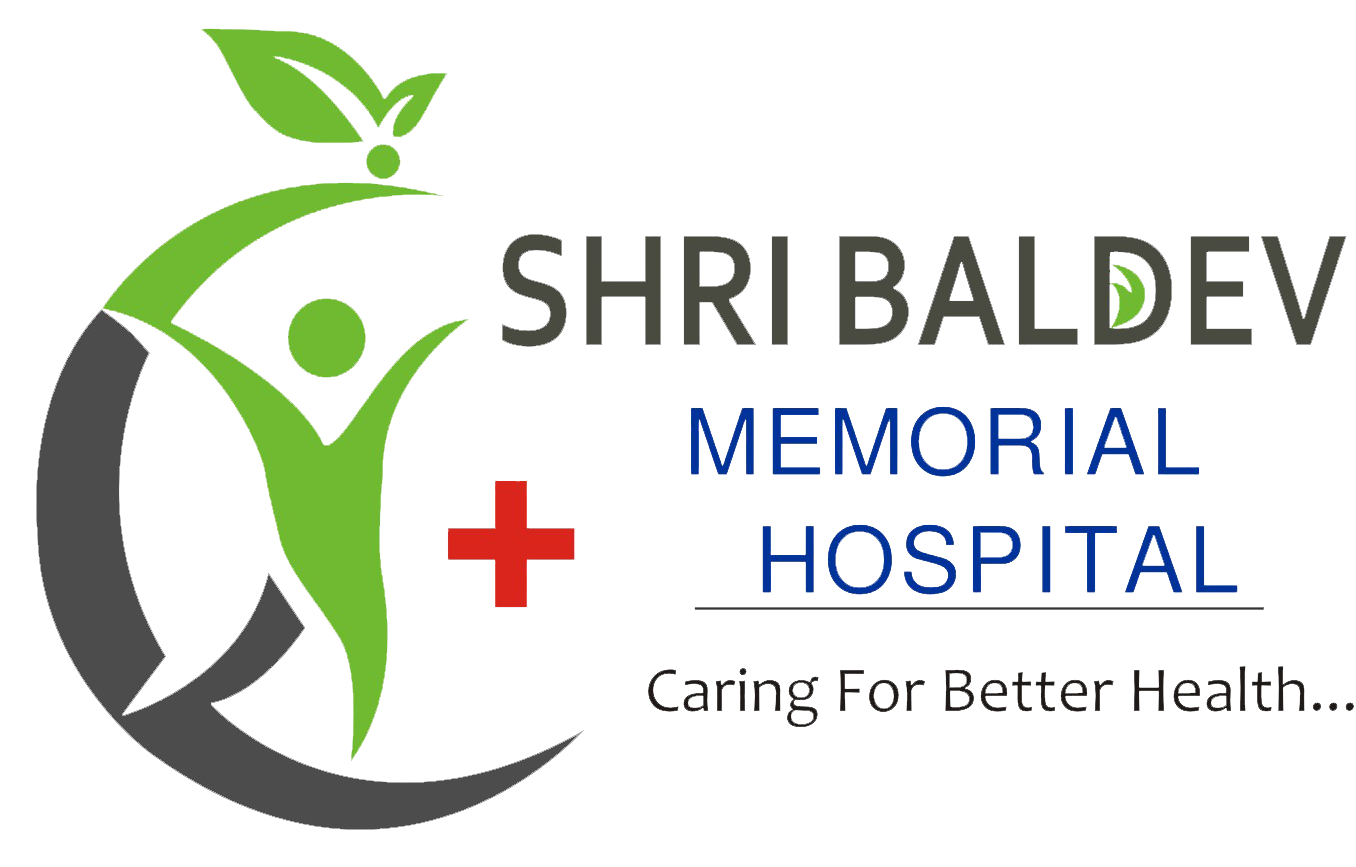What is Ankylosing Spondylitis?
It is a condition that primarily affects the spine and sacroiliac joints, where the spine meets the pelvis.
It can also impact other joints like the hips, knees, and shoulders.
AS causes inflammation, pain, and stiffness, particularly in the lower back, making movement difficult, eventually, it can lead to spinal fusion and deformity, but with early treatment, symptoms can be managed effectively.
What are the Symptoms and Causes of Ankylosing Spondylitis?
Common symptoms include:
- Persistent lower back pain, especially in the morning or after prolonged rest periods.
- Stiffness in the hips, lower back, and neck.
- Fatigue, shortness of breath, weight loss, and gastrointestinal issues.
This autoimmune condition results when the immune system erroneously targets the body’s tissues.
Genetics plays a key role, with individuals carrying the HLA-B27 gene being at a higher risk of developing AS.
The condition is more common in men under those with a family history of AS or related conditions like Crohn’s disease or psoriasis.
How is Ankylosing Spondylitis Diagnosed?
Diagnosis includes a combination of
- Physical exams
- X-rays
- MRIs
- Blood tests
X-rays help detect joint damage, while MRI provides more detailed images of soft tissues.
A blood test for the HLA-B27 gene can also aid in diagnosis, although it is not definitive.
What are the Treatment Options available?
While there is no cure for AS, treatments help to manage symptoms and improve quality of life.
Common treatment strategies include:
- Exercise and Physical Therapy: Regular movement and stretching, reduce stiffness and strengthen back muscles.
- Medications: Injections into joints to manage flare-ups.
- Surgery: Rarely needed but may be considered in severe cases.
How Can I Live with Ankylosing Spondylitis?
While AS is a lifelong condition, it’s possible to manage it with the proper treatment.
- Regular physical activity
- Healthy diet
- Quitting smoking
- Limiting alcohol intake
can help reduce inflammation and ease joint stress. If symptoms worsen or new issues arise, it’s essential to consult your doctor.
When Should I See a Doctor?
Visit your doctor if you experience worsening back pain, difficulty breathing, vision problems, unexploited weight loss, or increased stiffness. Regular check-ups will help monitor your condition and adjust treatment as needed.
Contact Shri Baldev Memorial Hospital Today!
If you’re experiencing symptoms of ankylosing spondylitis or need expert care, schedule an appointment with our specialists at Shri Baldev Memorial Hospital. Let us help you manage your condition and improve your quality of life!



